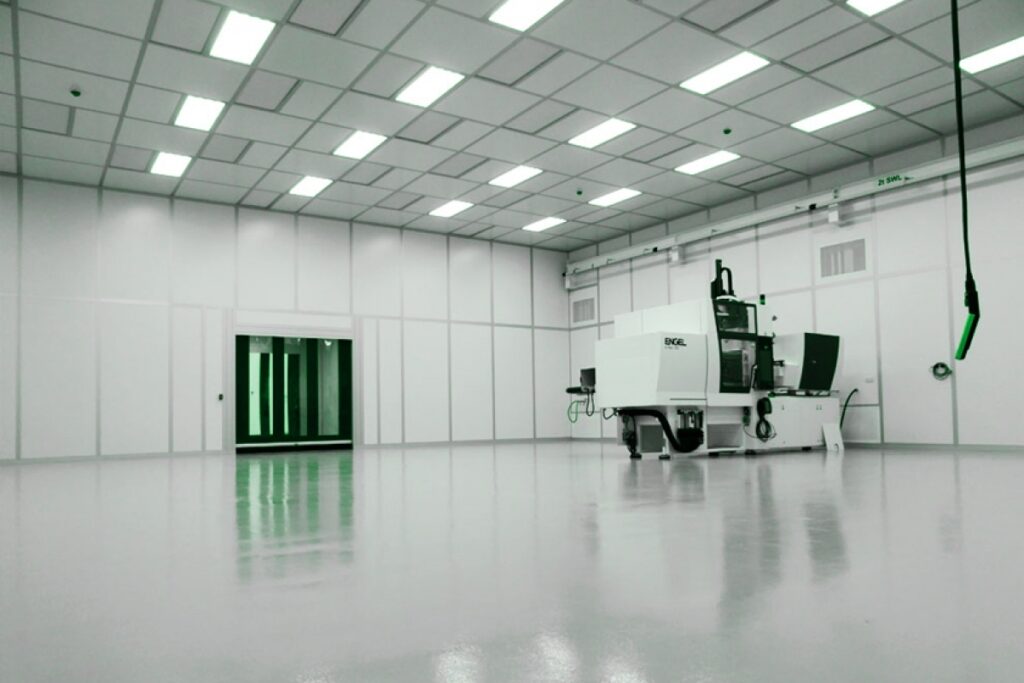
Rodents are among the most common pests that invade homes and businesses, causing significant distress and potential health risks. These creatures, while small in size, can have a considerable impact on your living environment if left unchecked. Cleanliness plays a critical role in deterring rodents and maintaining a healthy space. In this guide, we explore the connection between clean spaces and effective rodent control, offering actionable insights to keep these pests at bay.
Understanding Rodents and Their Behavior
Rodents such as mice and rats are opportunistic creatures that thrive in environments where food, water, and shelter are readily available. Their ability to adapt to different conditions and reproduce quickly makes them formidable invaders. Understanding their behavior is the first step in developing an effective control strategy.
- Habitat Preferences: Rodents prefer dark, cluttered areas where they can hide and build nests. Basements, attics, and storage rooms are common hotspots.
- Diet: These pests are not picky eaters, consuming everything from grains to scraps of food left on counters.
- Breeding Patterns: Rodents have short gestation periods, which means a small infestation can rapidly escalate if not addressed promptly.
The Importance of Clean Spaces in Rodent Prevention
A clean and organized environment is one of the most effective deterrents against rodent infestations. Rodents are less likely to invade spaces where they cannot easily find food or shelter.
1. Eliminating Food Sources
Rodents are attracted to accessible food. Ensuring that your living spaces are free from crumbs, spills, and unsecured food items can significantly reduce the likelihood of an infestation.
- Proper Food Storage: Keep food in sealed containers made of metal or thick plastic to prevent rodents from chewing through.
- Clean Eating Areas: Wipe down dining tables, countertops, and kitchen floors after meals to remove any traces of food.
- Pet Food Management: Store pet food in secure containers and avoid leaving bowls of food out overnight.
2. Decluttering Your Space
Cluttered areas provide ideal hiding spots for rodents. Decluttering your home or business is an essential step in rodent control.
- Regular Organization: Sort and dispose of unused items, especially in storage areas.
- Off-the-Floor Storage: Store items on shelves instead of the floor to eliminate potential nesting sites.
- Reduce Paper and Cardboard: Rodents often use these materials for nesting, so recycle or securely store them.
3. Maintaining Cleanliness Outdoors
The exterior of your home is just as important as the interior when it comes to rodent prevention. Unkempt outdoor spaces can attract rodents, who may eventually make their way indoors.
- Yard Maintenance: Keep grass trimmed and remove debris such as fallen leaves and branches.
- Trash Management: Use bins with tight-fitting lids and dispose of garbage regularly.
- Firewood Storage: Store firewood at least 20 feet away from your home and keep it elevated off the ground.
Rodent-Proofing Your Home
While cleanliness is crucial, it is not always sufficient on its own. Rodent-proofing your home by sealing entry points and taking preventative measures can provide an additional layer of protection.
1. Seal Cracks and Holes
Rodents can squeeze through surprisingly small openings. Inspect your home for cracks and gaps in walls, doors, and windows, and seal them with appropriate materials such as caulk or steel wool.
2. Install Door Sweeps and Weather Stripping
Gaps under doors are common entry points for rodents. Installing door sweeps and weather stripping can block these access points effectively.
3. Use Mesh Screens
Cover vents, chimneys, and other openings with fine mesh screens to prevent rodents from entering.
Additional Rodent Control Strategies
In addition to cleanliness and rodent-proofing, consider the following strategies to enhance your efforts:
1. Traps and Bait
- Snap Traps: These are a classic and effective way to capture rodents.
- Electronic Traps: These traps use a high-voltage shock to eliminate rodents quickly.
- Bait Stations: Place bait in tamper-resistant stations to lure and capture rodents safely.
2. Natural Deterrents
- Essential Oils: Scents such as peppermint and eucalyptus can repel rodents.
- Ultrasonic Devices: These devices emit sounds that are unpleasant for rodents but inaudible to humans.
3. Professional Assistance
Severe infestations may require the expertise of a professional pest control service. They can assess the situation, identify the source of the problem, and implement effective solutions.
Why Clean Spaces Are a Long-Term Solution
Habitat Pest & Lawn emphasizes the value of maintaining clean spaces as a sustainable approach to pest control. A well-maintained environment not only deters rodents but also reduces the need for chemical treatments and interventions, promoting a healthier living space.
- Health Benefits: Cleanliness minimizes exposure to rodent-borne diseases.
- Property Protection: Preventing infestations protects your home from structural damage caused by rodents.
- Peace of Mind: A clean and rodent-free environment contributes to a sense of security and comfort.
Conclusion
Rodent control begins with a commitment to cleanliness and organization. By eliminating food sources, decluttering spaces, and maintaining a tidy environment, you can significantly reduce the risk of rodent infestations. Combining these efforts with preventative measures such as sealing entry points and using traps ensures a comprehensive approach to pest management.
Habitat Pest & Lawn is dedicated to empowering homeowners with the knowledge and tools they need to create rodent-free spaces. Remember, a clean home is not only a healthy home but also your first line of defense against unwanted pests.

